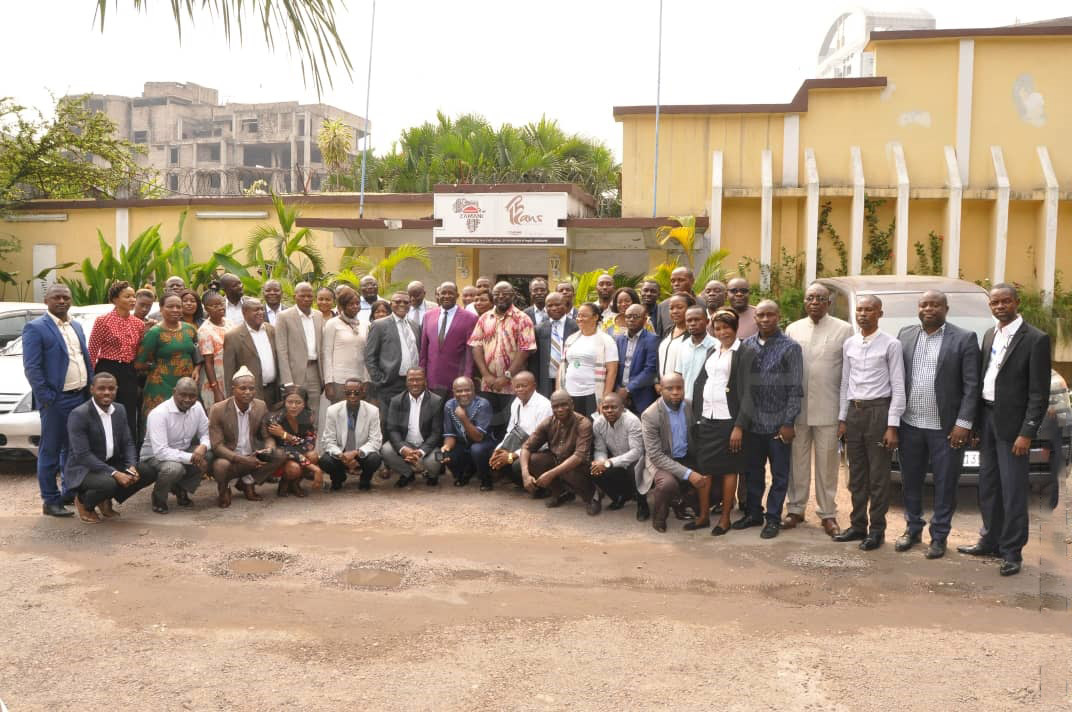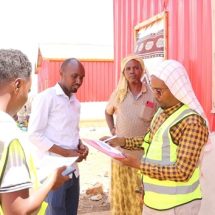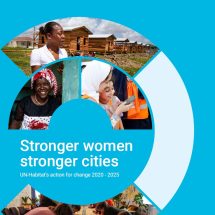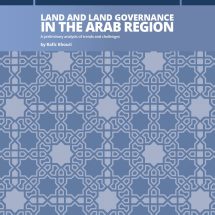On Wednesday July 24th, 2019, the National Commission for Land Reform (CONAREF) launched the national consultations on the draft National Land Policy Document (NLP) of the Democratic Republic of the Congo (DRC). Developed in 2018 as part of the land reform support and land administration capacity building program, this first draft will be submitted to the consultations of stakeholders of the land sector throughout the national territory.

The main objective of the land policy consultations is to enable all stakeholders to be informed about its content and to express their opinions and criticisms for the improvement of the document and its adequacy vis-à-vis the realities and aspirations of the Congolese people. The consultations also provide an opportunity for CONAREF to engage with stakeholders on other aspects of land reform in the DRC. This includes innovative products and ideas under development as a response to the challenges of the land sector in the DRC.
These developments are a huge step forward for the DRC on the land policy and to the efforts of the UN-Habitat/GLTN who have been engaged in the land reform process since 2009. In August 2017, GLTN began implementing a program entitled “Supporting Land Reform: Developing the land policy document, strengthening the capacity of land administration” at the national level and provincial levels through the Ministry of Land Affairs and CONAREF. In partnership with key stakeholders, this programme aims to: provide institutional support to CONAREF; to develop a national land policy in a participatory manner and to revise land laws and regulations; to facilitate tenure security improvement in target communities and develop methodological guides: and, to establish land information systems and strengthen land administration in target provinces.
In the national consultation, various land tools and approaches for securing land rights will be presented and discussed. Key activities will include the establishment of a land information system termed the community land register (CLR) based on participatory mapping of community lands, participatory management through a multi-stakeholder local institution and a local land charter that allows for negotiated land management at the local level. All these tools are in line with the GLTN fit-for-purpose land administration approach. The institutional debate around land reform and its operationalization at the provincial level should also be discussed with stakeholders.

The official launch of the consultations, preceded by a press conference, was followed by a training of facilitators identified by CONAREF in preparation to the consultative workshops to be organized in the 26 provinces of the DRC. These potential facilitators were trained for two days on the methodology of the consultations, the content of the NLP document and other aspects related to the land reform, including the implementation of the CLR and the provincial installation of CONAREF, and debate on the reform process.
Consultations will be spread over four months during which facilitators will travel across the country to conduct provincial workshops. A national validation workshop on the land policy document will close the process, thereby generating an improved version of the document that will be submitted to the government for adoption in 2020.












